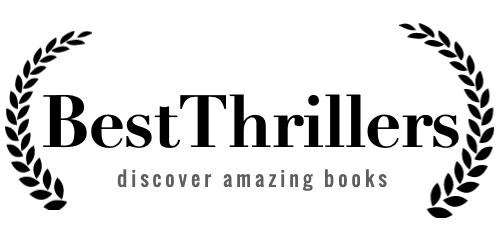The Bottom Line: A top-rate military thriller about suitcase nukes, terrorism and a divided America.
What if Islamic extremists acquired suitcase nukes? Would America’s cities be quickly reduced to ashes? How could they be stopped?
 Those are the questions facing Duncan Hunter in his ongoing crusade against radical Islamic extremism. The third Duncan Hunter book begins in 1945, at the end of World War II, in a barroom standoff between Nazi and American soldiers. A truly excellent display of memorable dialogue and violence, the stylish scene is one that Quentin Tarantino would be proud of. More importantly, it serves to underscore the importance of America’s intelligence efforts, as well as draw parallels between the past and present struggles to protect America by operating abroad.
Those are the questions facing Duncan Hunter in his ongoing crusade against radical Islamic extremism. The third Duncan Hunter book begins in 1945, at the end of World War II, in a barroom standoff between Nazi and American soldiers. A truly excellent display of memorable dialogue and violence, the stylish scene is one that Quentin Tarantino would be proud of. More importantly, it serves to underscore the importance of America’s intelligence efforts, as well as draw parallels between the past and present struggles to protect America by operating abroad.
Although the fear of miniaturized nuclear weapons has been a frequent theme in American literature for decades, Hewitt brings fresh context in the form of a middle east forever transformed and destabilized by the Arab Spring. It’s a terrifying reality, and Hewitt pulls no punches. A former American fighter pilot who served in the Marines, Border Patrol and the U.S. Air Force, Hewitt’s experience is evident on every single page. As in Hewitt’s second Duncan Hunter book, Shoot Down, every technical detail seems fully believable.
Hewitt’s flair for storytelling is self-evident, but his fondness for political divisiveness isn’t for everyone. From Hunter’s point of view, anyone who drives an electric car is automatically liberal scum, and there are countless other surprising offenses (conservationists, university students, journalists, the unemployed, long haired men) that define liberals as a separate class of people that are to be feared almost as much as Islamic extremists. As fascinating as the non-stop cultural tirade in No Need to Know is, some readers may long for an American hero that is a uniter, not a divider.
